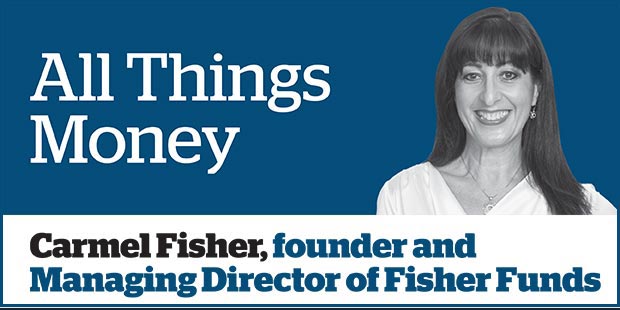The start of 2015 hasn't felt that upbeat. Headlines have tended towards the negative and it's not just because journalists are feeling blue about being inside while the beautiful New Zealand summer beckons.
There have been scary and unpleasant topics - terrorist threats, Ebola, recession fears in Europe and a housing shortage being some. Most economists would have little difficulty drawing up a list of miseries to focus on this year.
But despite these issues we're actually doing alright; 2015 might well be a lot better than we're being led to believe right now. If the year turns out better than currently expected it will be due to human endeavour and our response to challenges that emerge in coming months. We know there will be challenges but we have a huge capacity to deal with and ultimately overcome them.
Take Ebola, for example. I'm not saying Ebola isn't scary, with huge implications for the world at large, but the crisis is arguably less scary today than it was when the first cases were reported. Scientists and health workers have faced the epidemic, studied it, and developed strategies to contain and slow its transmission. The World Health Organisation was able to claim recently that "we have turned the corner". Fewer than 100 new Ebola cases were recorded in West Africa in the week to January 25, the lowest total in seven months.
When the epidemic is finally dealt with, and it will be, our knowledge will be deep and therefore preparedness for future outbreaks will be significant.
Every new misery prompts a response. Slow economic growth (quite a significant misery) and the search for alternative and cost-effective fuels has led to a sharp decline in the oil price. This is hugely positive because it effectively acts like a tax cut, putting more money into the pockets of consumers to spend and businesses to invest. Citigroup estimates that the fall in oil prices adds up to a US$1 trillion stimulus for the global economy.
As for deflation and recession woes in Europe which, because of our inter-connectedness, affect us all - they are being dealt with by central banks and politicians and will likely prove less of an issue than current headlines suggest. Even the headlines about Greece rejecting austerity measures (necessary to address their indebtedness) seem less scary this year than in 2011 when Greece last held Europe to ransom. The European Central Bank initially dealt with the European recession by promising to do "whatever it takes" to stimulate growth - which effectively meant printing money like the US.
Their strategies have been successful, in part, and they seem more ready to embrace other strategies that might similarly work to stimulate the Eurozone. Out of misery, lessons have been learned and seemingly large problems have been dealt with.
The misery list for 2015 has already featured some unexpected items and who knows what left-field problems we will face as the year progresses. But there are good and proven reasons why we should feel optimistic problems will be dealt with. History has shown that, while pessimists tend to be more accurate about reality than optimists in the short term, in the longer term optimists win out.
I'm thinking of building a contentment list to refer to when negative headlines become overwhelming. At the top of the list will be human endeavour and responsiveness.
It will also include technological advancements, increasing intelligence (apparently intelligence increases by about 3 per cent per decade), creativity, and the human propensity to expect the worst and then be pleasantly surprised.

